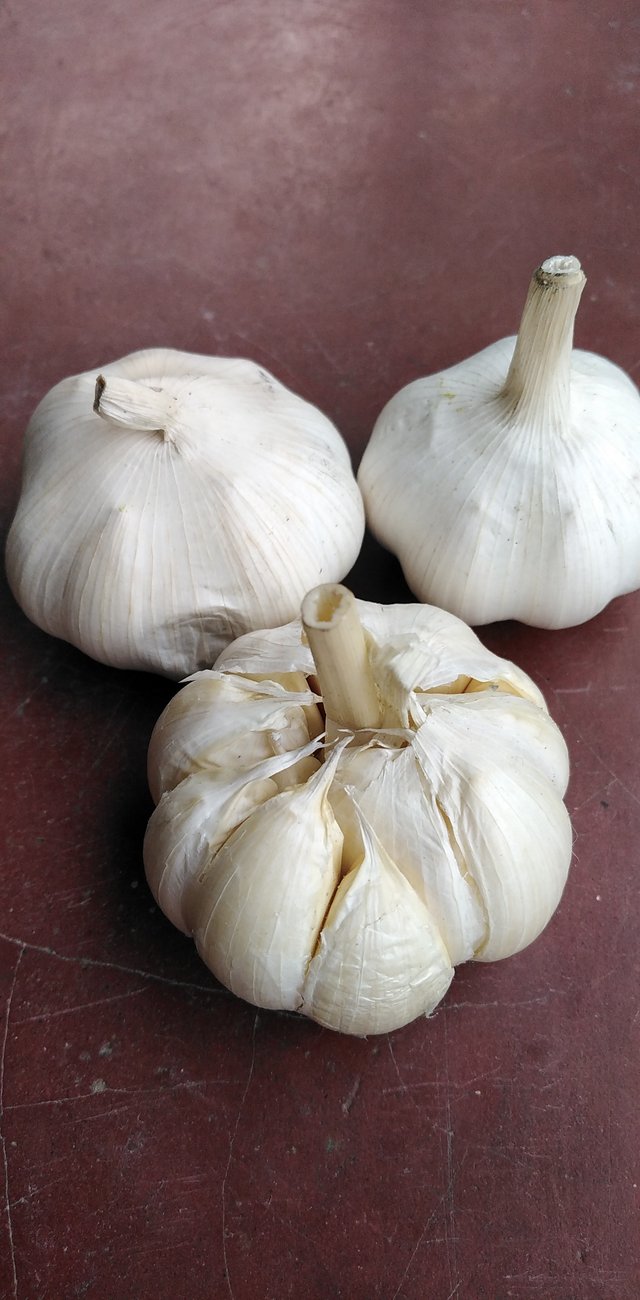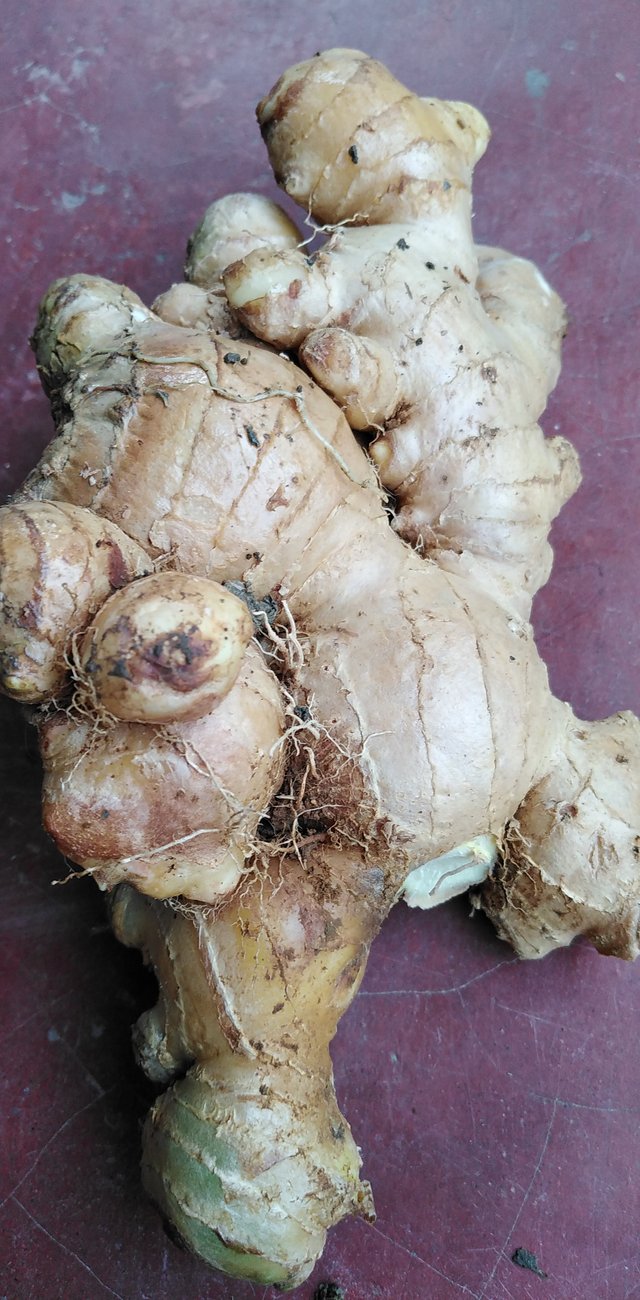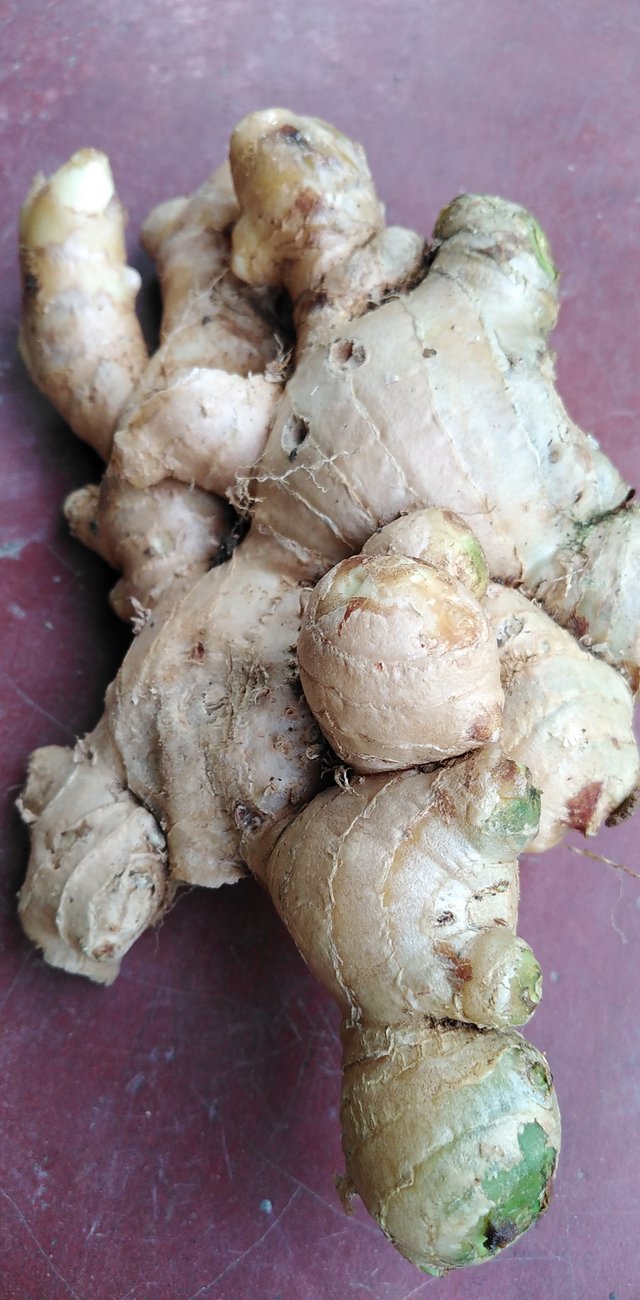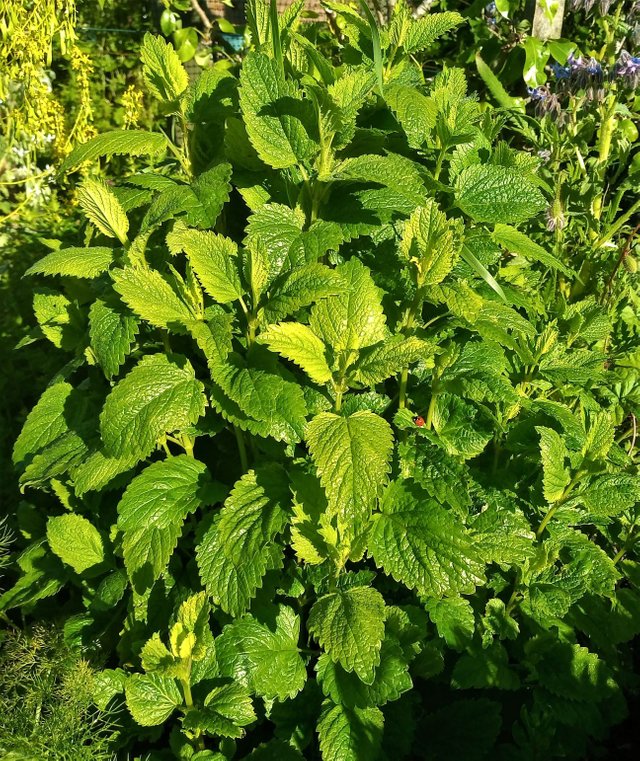Herbs have been used for centuries as natural remedies for a variety of ailments, and today they continue to be a popular choice for those seeking natural solutions for their health and well-being.
we will explore the benefits of the top five useful herbs.
namely: garlic, ginger, lemon balm, aloe vera, and ginkgo biloba.
here are the complete details of the top 5 useful herbs.
- Garlic
Garlic (Allium sativum) is a herb that belongs to the onion family.
It has been used for centuries for its medicinal properties, including antibacterial, antiviral, and antifungal effects. Garlic is also believed to have anti-inflammatory and immune-boosting properties.
It is commonly used to help lower cholesterol and blood pressure, prevent heart disease, and reduce the risk of certain cancers. Garlic can be consumed raw, cooked, or in supplement form, but it is important to note that high doses can cause gastrointestinal upset, and it may interact with certain medications.
Garlic (Allium sativum) has been used for centuries for its medicinal properties, and modern research has confirmed many of its benefits.

Garlic contains sulfur compounds, including allicin, that are responsible for many of its health effects. These compounds have antibacterial, antiviral, and antifungal effects, and may help boost the immune system. Garlic is also believed to have anti-inflammatory properties and may help reduce the risk of certain cancers.
Garlic is commonly used to help lower cholesterol and blood pressure, prevent heart disease, and reduce the risk of stroke. It may also help improve blood sugar control, making it a potential treatment for diabetes. In addition, some studies have suggested that garlic may help protect against cognitive decline and improve memory.
Garlic can be consumed raw, cooked, or in supplement form. However, it is important to note that high doses can cause gastrointestinal upset, and it may interact with certain medications. People taking blood-thinning medications should be especially cautious, as garlic may increase the risk of bleeding.
- Aloe Vera
Aloe Vera is a succulent plant that is native to Africa but is now widely cultivated around the world. Its gel-like substance is rich in antioxidants, vitamins, and minerals, making it a popular natural remedy for a variety of skin conditions. Aloe vera is known for its moisturizing and healing properties and is often used to treat burns, cuts, and other skin irritations. It is also believed to have anti-inflammatory and immune-boosting effects and may be beneficial for digestive health. Aloe vera can be consumed in juice form or applied topically in gel or cream form.
Aloe vera is a succulent plant that is native to Africa but is now widely cultivated around the world. Its gel-like substance is rich in antioxidants, vitamins, and minerals, making it a popular natural remedy for a variety of skin conditions. Aloe vera is known for its moisturizing and healing properties and is often used to treat burns, cuts, and other skin irritations.

Aloe vera is believed to have anti-inflammatory effects and may be beneficial for digestive health. It is commonly used to help soothe gastrointestinal symptoms, such as heartburn, and may help reduce the symptoms of irritable bowel syndrome. Some studies have also suggested that aloe vera may have immune-boosting effects and may be helpful in treating certain types of cancer.
Aloe vera can be consumed in juice form or applied topically in gel or cream form. However, it is important to note that aloe vera may cause allergic reactions in some people, and it should not be consumed in high doses or for long periods of time.
- Ginger
Ginger (Zingiber officinale) is a spicy herb that is commonly used in cooking, as well as for its medicinal properties. It has been used for centuries to treat digestive issues, such as nausea and vomiting, and is also believed to have anti-inflammatory effects.
Ginger may also help lower cholesterol and blood sugar levels, and it may have beneficial effects on the brain and nervous system. Ginger can be consumed fresh, dried, or in supplement form, and it is generally considered safe when used in moderation.
Ginger (Zingiber officinale) is a spicy herb that is commonly used in cooking, as well as for its medicinal properties. It has been used for centuries to treat digestive issues, such as nausea and vomiting, and is also believed to have anti-inflammatory effects.


Ginger contains several bioactive compounds, including gingerols and shogaols, that are responsible for its health benefits. These compounds may help reduce inflammation and pain, making ginger a potential treatment for arthritis and other inflammatory conditions.
Ginger may also help lower cholesterol and blood sugar levels, and it may have beneficial effects on the brain and nervous system.
Ginger can be consumed fresh, dried, or in supplement form. It is generally considered safe when used in moderation, but high doses may cause gastrointestinal upset.
Ginger may also interact with certain medications, including blood-thinning medications and diabetes medications.
- Lemon Balm
Lemon balm (Melissa officinalis) is a lemon-scented herb that is commonly used for its calming and relaxing properties.
It is often used to treat anxiety, insomnia, and other nervous system disorders, and may have a positive effect on cognitive function.
.jpeg)
Lemon balm may also have antiviral and immune-boosting effects and is sometimes used to treat cold sores and other viral infections. It can be consumed as a tea or in supplement form.
Lemon balm (Melissa officinalis) is a lemon-scented herb that is commonly used for its calming and relaxing properties.
It is often used to treat anxiety, insomnia, and other nervous system disorders, and may have a positive effect on cognitive function.

Lemon balm contains several compounds, including rosmarinic acid and eugenol, that are believed to be responsible for its health benefits.
These compounds may have antioxidant and anti-inflammatory effects and may help improve memory and cognitive function.

Lemon balm may also have antiviral and immune-boosting effects and is sometimes used to treat cold sores and other viral infections.
- Ginkgo Biloba
Ginkgo biloba is an ancient tree species that is believed to have been around for over 200 million years.
Its leaves contain a variety of compounds that are believed to have a positive effect on brain function and circulation.
Ginkgo biloba is commonly used to treat memory and cognitive issues, such as dementia and Alzheimer's disease, and may also have beneficial effects on vision and circulation.

It is often consumed in supplement form, but it is important to note that it may interact with certain medications and should be used under the guidance of a healthcare provider.
Ginkgo biloba is a tree native to China that is commonly used in traditional Chinese medicine for its medicinal properties.
The leaves of the ginkgo tree contain a complex mixture of bioactive compounds, including flavonoids and terpenoids, that are believed to be responsible for its health benefits.
Ginkgo biloba is most commonly used to help improve cognitive function, especially in older adults.
It is believed to improve blood flow to the brain, which may help improve memory and concentration. Some studies have also suggested that ginkgo biloba may help reduce symptoms of anxiety and depression.
Ginkgo biloba may also have antioxidant and anti-inflammatory effects, and is sometimes used to help improve circulation and reduce the risk of heart disease. It may also be helpful in treating some types of hearing loss and tinnitus.
Ginkgo biloba can be consumed in supplement form or as a tea. However, it is important to note that high doses may cause gastrointestinal upset and may interact with certain medications, including blood-thinning medications and antidepressants.
.jpg)
People with bleeding disorders should be especially cautious when taking ginkgo biloba, as it may increase the risk of bleeding.
Summary :
Garlic is a popular herb known for its distinct aroma and flavor.
It has been used for thousands of years for its medicinal properties and is believed to have anti-inflammatory, antiviral, and antibacterial effects.
Garlic is also known to help reduce blood pressure and improve cardiovascular health.
Ginger is another well-known herb that has been used in traditional medicine for centuries. It is known for its anti-inflammatory properties and is often used to help relieve nausea, vomiting, and pain.
Ginger is also believed to have antioxidant properties and may help to reduce the risk of chronic diseases such as cancer and diabetes.
Lemon balm is a lesser-known herb that is gaining popularity for its calming properties. It is often used to help reduce anxiety and promote relaxation.
Lemon balm is also believed to have antiviral properties and may be helpful in preventing cold sores caused by the herpes virus.
Aloe vera is a succulent plant that has been used for centuries to treat a variety of skin conditions. It is known for its soothing properties and is often used to help reduce inflammation and promote healing.
Aloe vera is also believed to have antibacterial and antioxidant properties, making it a popular choice for skin care products.
Ginkgo biloba is a herb that is often used to help improve cognitive function and memory.
It is believed to increase blood flow to the brain and may be helpful in preventing or treating cognitive decline associated with aging.
Ginkgo biloba is also believed to have antioxidant properties and may be helpful in reducing inflammation and improving cardiovascular health.
Overall, these top five useful herbs have a range of health benefits and can be used in a variety of ways to promote overall health and well-being.
Whether used as spices in cooking, in teas, or in supplement form, these herbs offer a natural way to support a healthy lifestyle.
Now you know!!!!
hope you have learned this topic for today..
have a blessed Wednesday everyone
keep safe always. 🙏😇😇